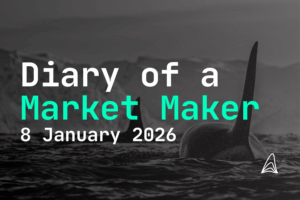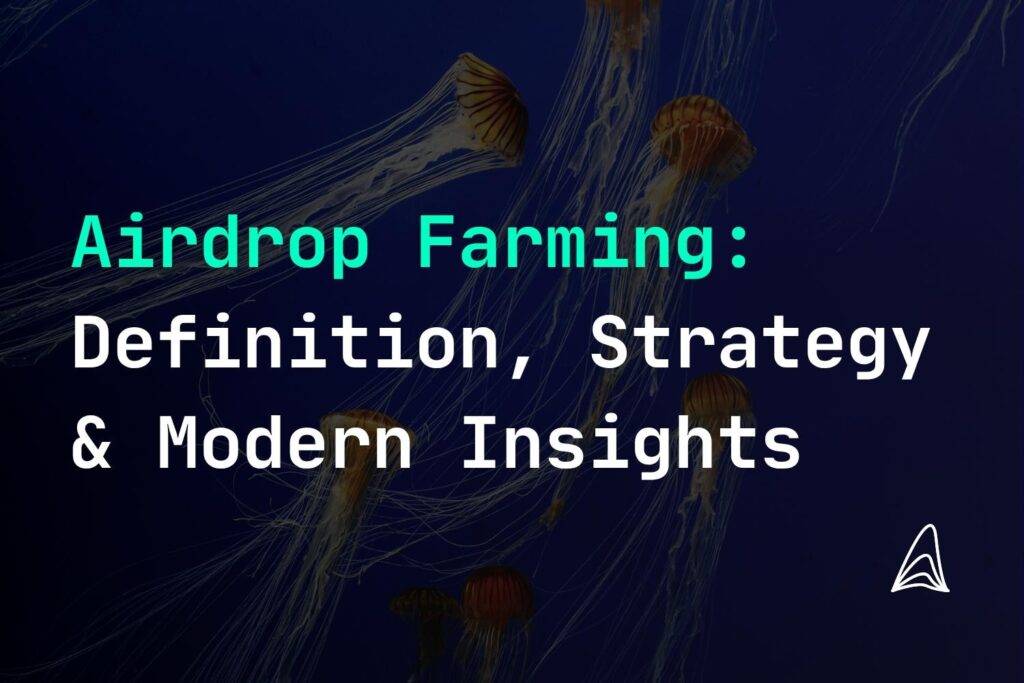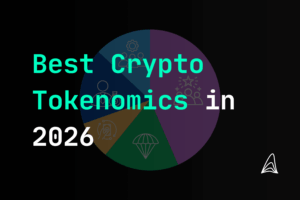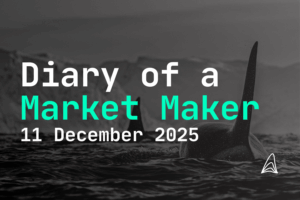
- Jakob Brezigar
- Updated: July 4, 2025
- Reading time: 6 min
Airdrop Farming: Definition, Strategy & Modern Insights

What is Airdrop Farming?
Why it matters?
- Cost efficiency: participation often costs only gas fees, not capital investment.
- Potential upside: some airdrops (e.g., Arbitrum, Optimism, Uniswap) have yielded thousands per participant.
- Market intelligence: it’s a low-risk strategy to explore emerging DeFi ecosystems.
How Do You Farm Airdrops Effectively?
What on‑chain behaviors qualify?
- Bridging assets to Layer‑2 networks (e.g., Arbitrum snapshot strategy).
- Staking, swapping, or providing liquidity on dApps.
- Completing bounty tasks: social engagement, content creation, testnet participation.
Multi‑wallets vs. single‑wallet?
- Multi‑wallet: boosts allocations but risks detection by anti‑Sybil systems.
- Single‑wallet, diversified actions: a safer route—less friction, respectable ROI.

What Are the KPIs and Metrics?
- Number of interactions: distinct qualifying actions (e.g. bridge, swap)
- Wallet addresses: count and provenance
- Points score: if project uses a point‑scheme
- Gas spent vs. token value: net profitability
- Regulatory compliance: especially tax implications
What Are the Risks and Compliance Considerations?
What Are Current Trends & the 2026 Outlook?
1. Stricter participation criteria
2. More anti‑Sybil tech
3. Points‑based farming gains ground
4. Regulatory scrutiny

How Should Firms Approach Airdrop Farming?
- Advisory & introspection: assist clients in structuring ethical, compliant farming strategies.
- Algorithmic integration: build models that assess ROI, detect Sybil flag risk, and adjust execution.
- Liquidity coordination: pair airdrop strategies with Orcabay’s market‑making capabilities to deploy tokens effectively.
- Regulatory oversight: monitor evolving tax law, AML/KYC requirements and support clients’ reporting needs.
Conclusion
- Focus on qualifying actions (stake, bridge, trade)
- Adopt single‑wallet or compliant multi‑wallet tactics, avoiding Sybil exposure
- Track net profitability via KPIs
- Stay ahead of anti‑Sybil detection and tax/reporting standards
- Monitor evolving regulatory frameworks (U.S., EU) and prepare for 2026 changes
Disclaimer: The information provided in this article is for informational purposes only and does not constitute financial, investment, or other professional advice. All opinions expressed herein are solely those of the author and do not represent the views or opinions of any entity with which the author may be associated. Investing in financial markets involves risk, including the potential loss of principal. Readers should perform their own research and consult with a licensed financial advisor before making any investment decisions. Past performance is not indicative of future results.

Jakob Brezigar
Jakob, an experienced specialist in the field of cryptocurrency market making, boasts an extensive international presence. With Orcabay, he has skillfully managed major operations and deals for a wide array of global stakeholders.



